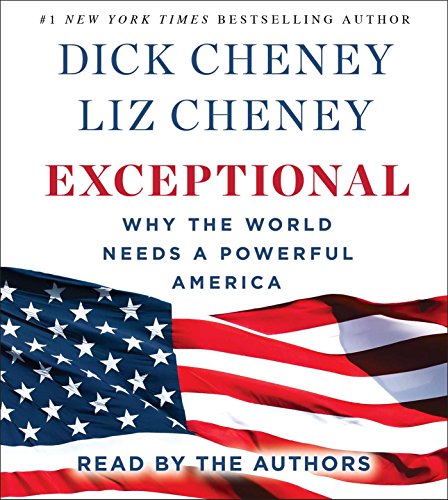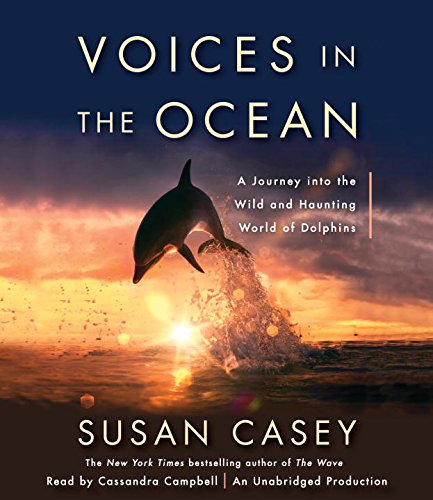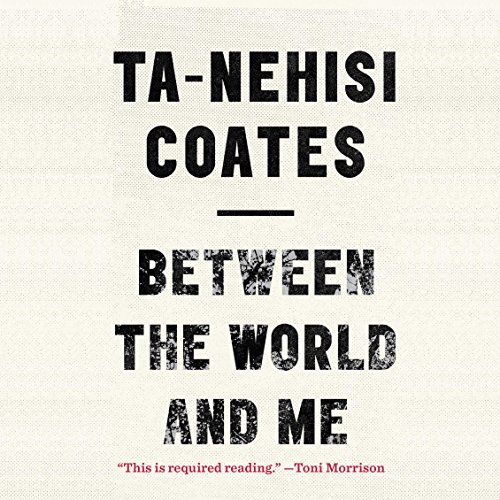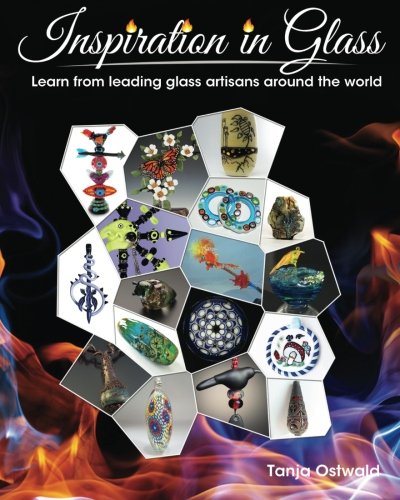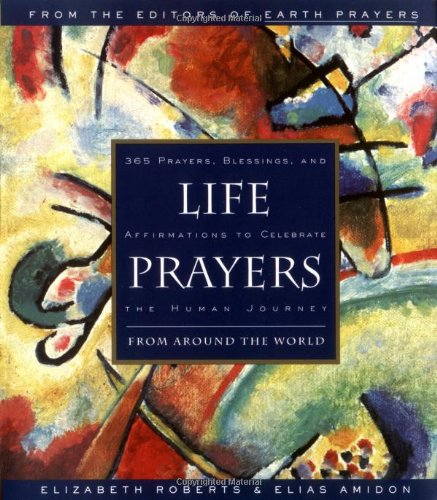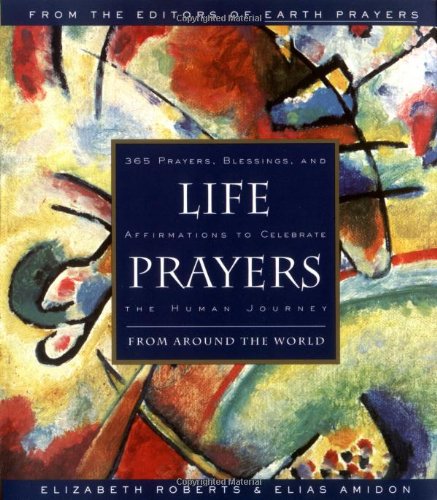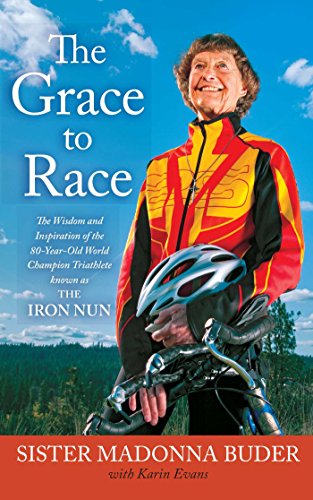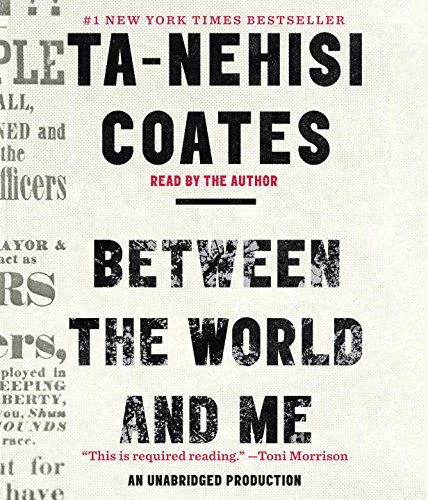
#1 NEW YORK TIMES BESTSELLER • Hailed by Toni Morrison as “required reading,” a bold and personal literary exploration of America’s racial history by “the single best writer on the subject of race in the United States” (The New York Observer)
“This is your country, this is your world, this is your body, and you must find some way to live within the all of it.”
In a profound work that pivots from the biggest questions about American history and ideals to the most intimate concerns of a father for his son, Ta-Nehisi Coates offers a powerful new framework for understanding our nation’s history and current crisis. Americans have built an empire on the idea of “race,” a falsehood that damages us all but falls most heavily on the bodies of black women and men—bodies exploited through slavery and segregation, and, today, threatened, locked up, and murdered out of all proportion. What is it like to inhabit a black body and find a way to live within it? And how can we all honestly reckon with this fraught history and free ourselves from its burden?
Between the World and Me is Ta-Nehisi Coates’s attempt to answer these questions in a letter to his adolescent son. Coates shares with his son—and readers—the story of his awakening to the truth about his place in the world through a series of revelatory experiences, from Howard University to Civil War battlefields, from the South Side of Chicago to Paris, from his childhood home to the living rooms of mothers whose children’s lives were taken as American plunder. Beautifully woven from personal narrative, reimagined history, and fresh, emotionally charged reportage, Between the World and Me clearly illuminates the past, bracingly confronts our present, and offers a transcendent vision for a way forward.
Praise for Between the World and Me
“Powerful and passionate . . . profoundly moving . . . a searing meditation on what it means to be black in America today.”—Michiko Kakutani, The New York Times
“Brilliant . . . [Coates] is firing on all cylinders, and it is something to behold: a mature writer entirely consumed by a momentous subject and working at the extreme of his considerable powers at the very moment national events most conform to his vision.”—The Washington Post
“I’ve been wondering who might fill the intellectual void that plagued me after James Baldwin died. Clearly it is Ta-Nehisi Coates. The language of Between the World and Me, like Coates’s journey, is visceral, eloquent, and beautifully redemptive. And its examination of the hazards and hopes of black male life is as profound as it is revelatory.”—Toni Morrison
“A brilliant thinker at the top of his powers, Coates has distilled four hundred years of history and his own anguish and wisdom into a prayer for his beloved son and an invocation to the conscience of his country. An instant classic and a gift to us all.”—Isabel Wilkerson, author of The Warmth of Other Suns
“I know that this book is addressed to the author’s son, and by obvious analogy to all boys and young men of color as they pass, inexorably, into harm’s way. I hope that I will be forgiven, then, for feeling that Coates was speaking to me, too, one father to another, teaching me that real courage is the courage to be vulnerable.”—Michael Chabon
“A work of rare beauty . . . a love letter written in a moral emergency, one that Coates exposes with the precision of an autopsy and the force of an exorcism.”—Slate
An Amazon Best Book of July 2015: Readers of his work in The Atlantic and elsewhere know Ta-Nehisi Coates for his thoughtful and influential writing on race in America. Written as a series of letters to his teenaged son, his new memoir, Between the World and Me, walks us through the course of his life, from the tough neighborhoods of Baltimore in his youth, to Howard University—which Coates dubs “The Mecca” for its revelatory community of black students and teachers—to the broader Meccas of New York and Paris. Coates describes his observations and the evolution of his thinking on race, from Malcolm X to his conclusion that race itself is a fabrication, elemental to the concept of American (white) exceptionalism. Ferguson, Trayvon Martin, and South Carolina are not bumps on the road of progress and harmony, but the results of a systemized, ubiquitous threat to “black bodies” in the form of slavery, police brutality, and mass incarceration. Coates is direct and, as usual, uncommonly insightful and original. There are no wasted words. This is a powerful and exceptional book.–Jon Foro

